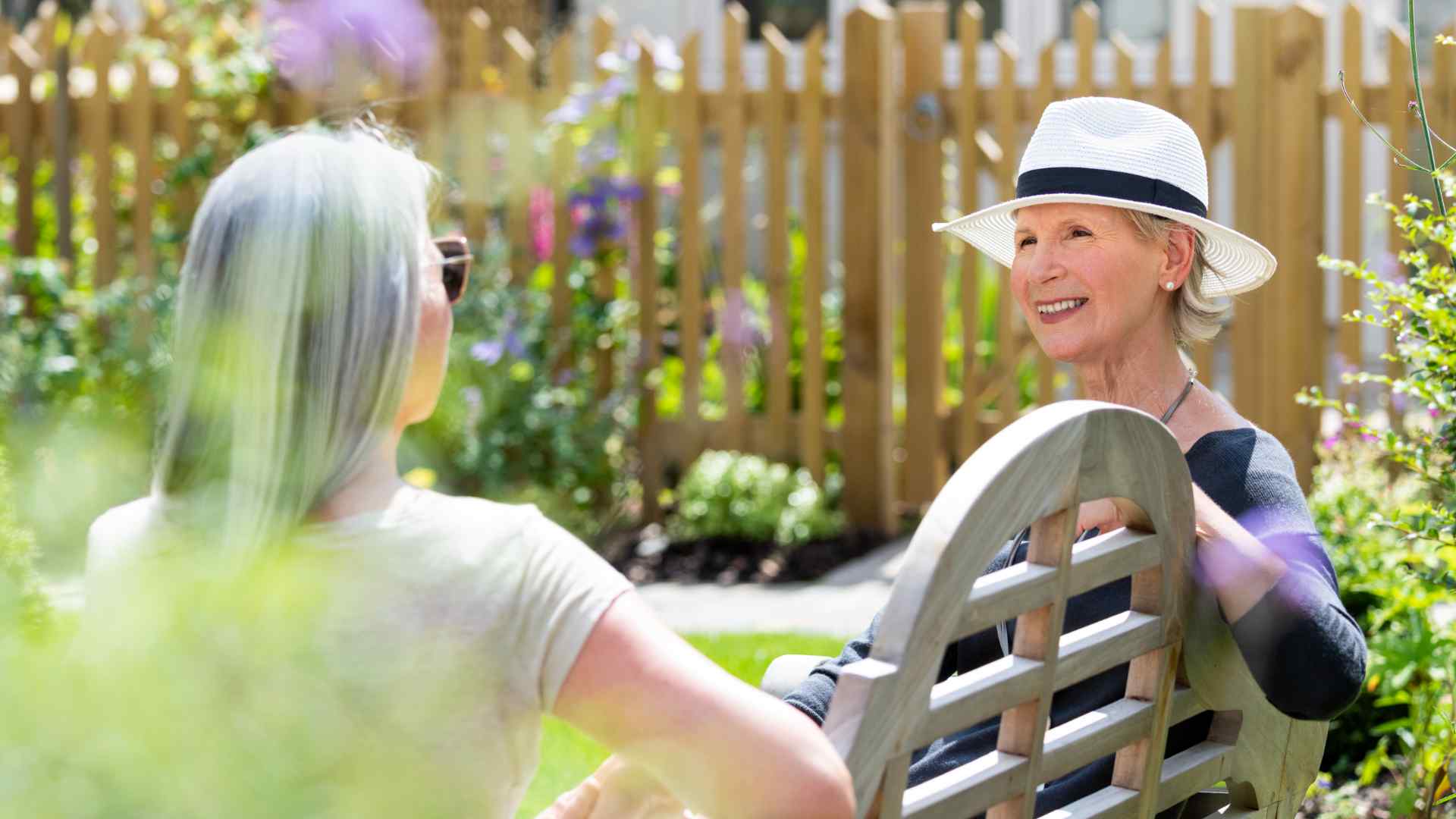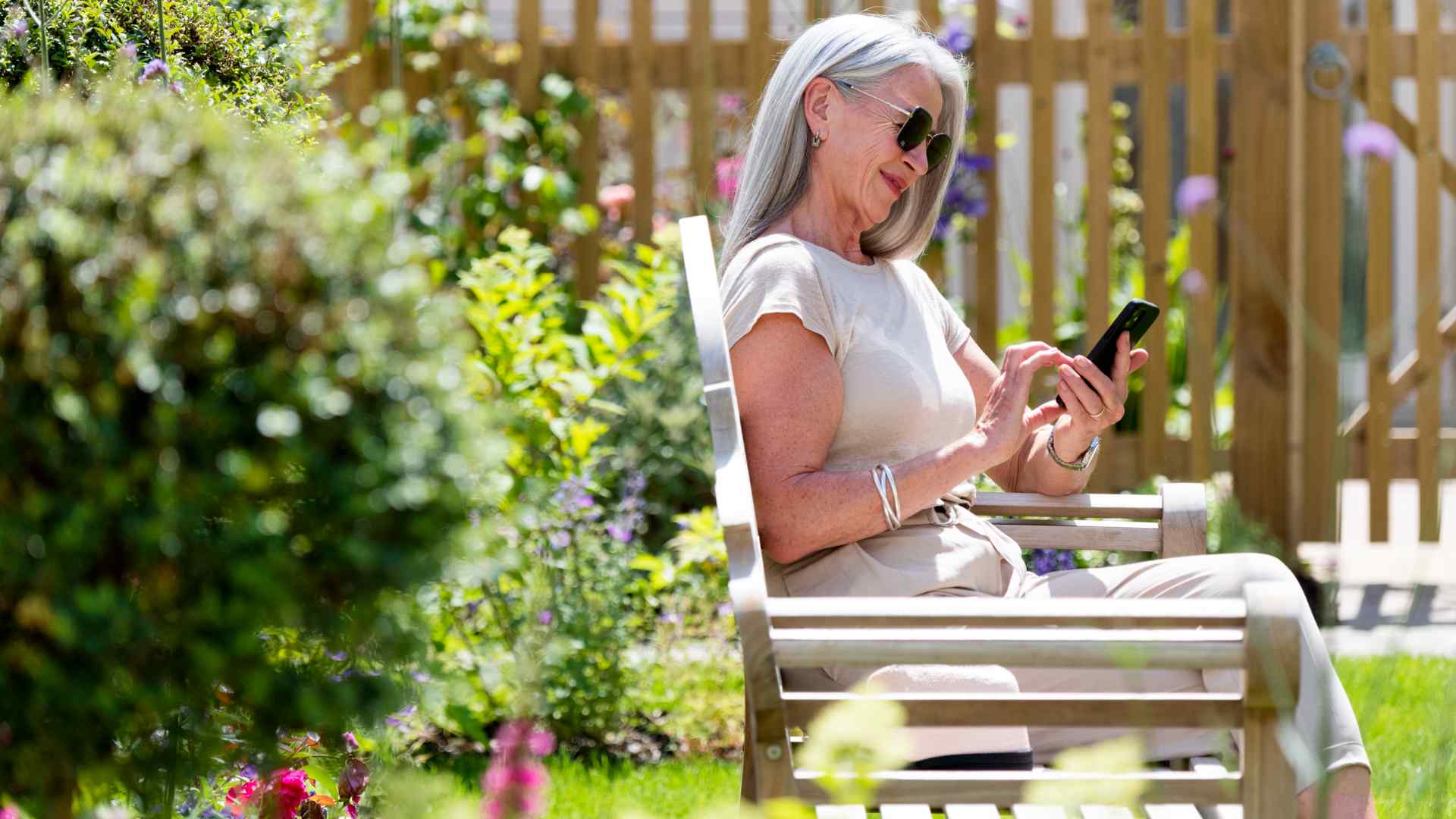
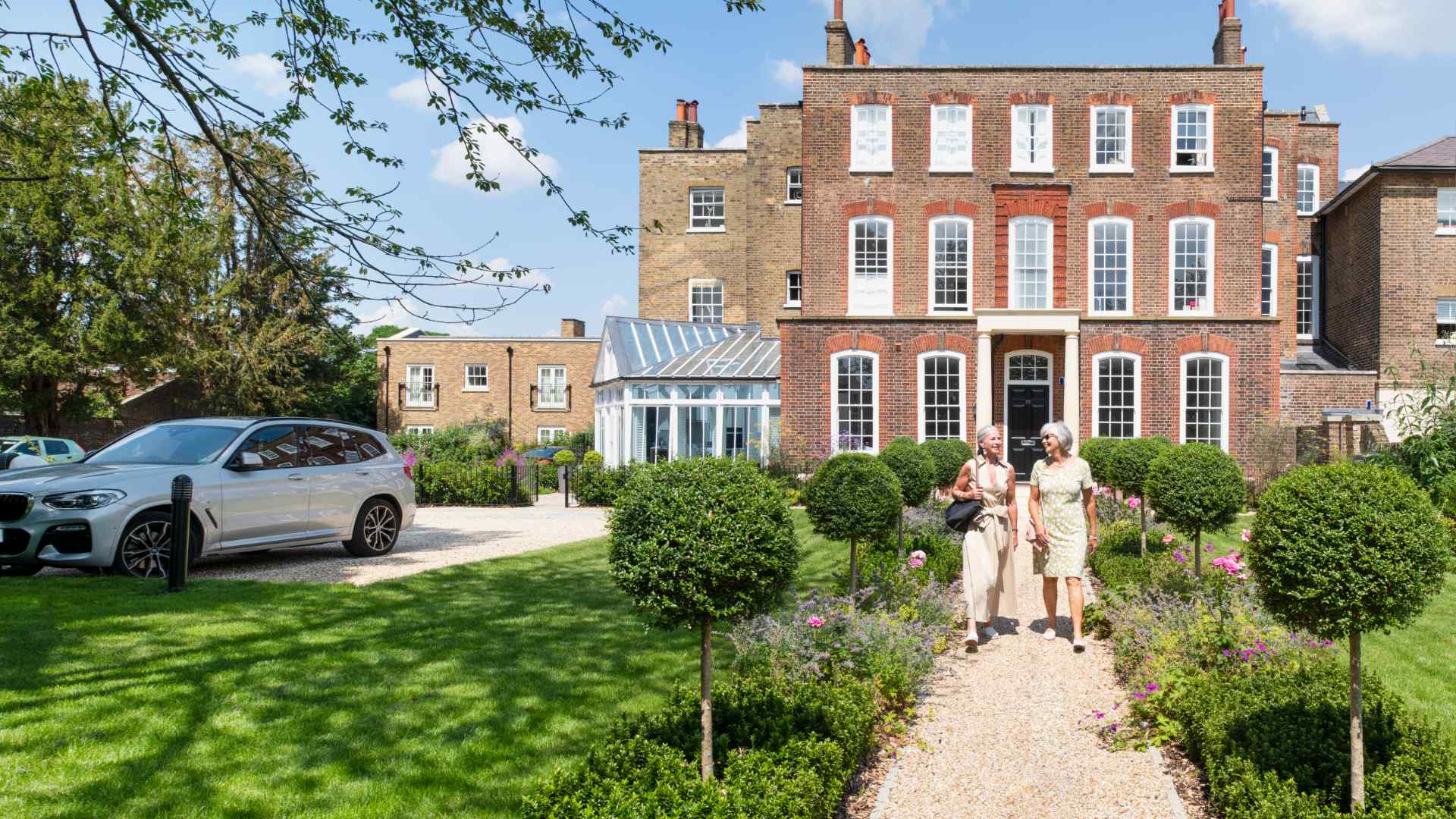
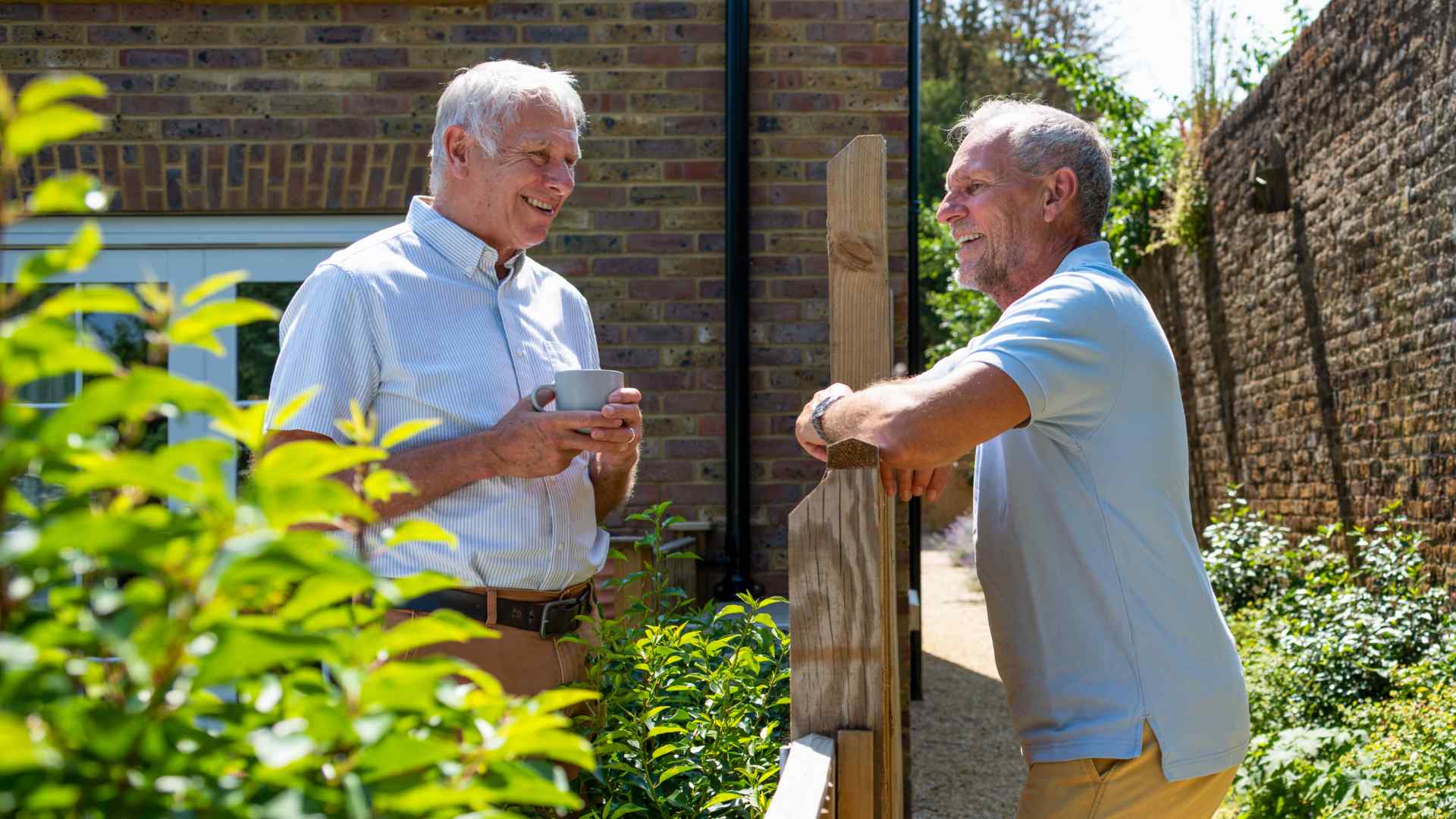
"Downsizing" is when you buy a house or apartment that is smaller than the one you currently live in. Today, moving to a home that’s a more suitable size is often referred to as ‘rightsizing.’
A misconception is that downsizing means moving into a small space – but this isn’t the case. You can downsize without compromising on usable space. Beechcroft, for example, creates homes that provide an abundance of generously proportioned living space regardless of the number of bedrooms. You might buy a two-bedroom apartment that has more living space than a new, three-bedroom ‘mainstream’ home. What’s more, the living space will be more flexible – some Beechcroft homes even provide a large central hallway that could be used as a dining room, a study, library or reading room.
Downsizing doesn’t only mean reducing the number of bedrooms, it means having a more relaxed lifestyle with lower energy bills, less cleaning and less maintenance.
In this blog we will consider the three stages you should consider in your downsizing journey:
In our experience downsizers in retirement do not regret making the move. Once they have settled into their new homes, the benefits of downsizing become clear. The following are some of the reasons that our customers have downsized:
If you’ve spent years climbing the property ladder, buying a smaller home may be something you’ve not considered, but it really can bring benefits and make your life much easier. Of course, downsizing is all about choosing the right home for you – somewhere you really want to live, and this is a very personal decision and you need to ask yourself a few questions.
A: Of all the questions that you should ask yourself when considering downsizing, the most basic is 'why?'.
Knowing exactly why you want to downsize will help you make other decisions such as the location and the type of property.
The most common reasons for downsizing, particularly in retirement, include the below options, however these may differ based on your individual circumstances:
A: The best time to downsize is when you’re fit and able to do so.
When you downsize can make a big difference to your retirement. So many people leave it too late, and delaying downsizing by even a few years can make a big difference to your independence and health. There are a few signs that it is time to downsize:
A: Think carefully about the area and what it has to offer.
Once you’ve decided why then ‘where’ becomes clearer if you’re downsizing to be near family or friends, then you will be aware of the location you’re moving to – but you may choose to move to a new area within easy reach.
After years of living in a town, you may want to live in a village or small market town with lots of walks on the doorstep. If you’re living in a home in a rural area far from shops, services and other people, you may decide to downsize to a house or apartment in the heart of the village or town.
At Beechcroft, we select development sites in some of the most attractive developments – lovely villages and towns in Oxfordshire, Hertfordshire, Berkshire and the Cotswolds: delightful towns like Tunbridge Wells, Wallingford, Watlington, Burford as well as Ascot, Windsor, Binfield, Reigate and Godalming. Do look at some of our reasons for moving to different counties and see what each offers retiree.
A: Think carefully about the type of home you would ideally like.
It’s worth writing a list of the ‘must haves’ which could include anything such as an en-suite bathroom or a private garden.
Just because you’re downsizing doesn’t mean you have to move to anything that you consider too small or too ‘boxy.’
Look for elegant retirement developments, such as those created by Beechcroft with fewer bedrooms rather than less living space.
You might prefer a converted period property with a wealth of architectural features or a lovely new build home – Beechcroft offers both. Both new and converted Beechcroft homes are energy-efficient, requiring little maintenance and featuring high quality fixtures and fittings.
There’s something special about being the first person to use the kitchen and bathroom. When looking around show homes or new developments, always look at the quality of the specification and check what’s included. If your new home comes with carpets and flooring, fitted wardrobes in at least one of the bedrooms, fitted vanity units and mirrors and the bathroom and a full range of integrated kitchen appliances, moving in will be so much easier.
A: Work out how much you can afford to spend on your new home and get a rough guide of the running costs.
Finances are particularly important in retirement, and you need to work out the potential costs before you decide where to move to. Living on a retirement development, you’ll need to pay service charges. If you speak to the sales consultant on the development, you’ll be able to gain an idea of the breakdown of the charges and an explanation of each element.
In summary, the services charges will include:
A: At Beechcroft, you can sell your home on the open market to someone who is eligible in terms of age (generally over 55) and we do not charge ‘exit fees’ or ‘deferred management fees.’
These fees, which are a feature of some retirement developments and retirement villages, mean you have to pay a percentage of the proceeds of the sale of your home to the developers.
This is because the service charges are less than they would normally be – they are subsidised – during the time you live at the development but when you leave – or if your family inherits your property – you must pay for the services that were subsidised.
This can be an expensive cost and may depend on how long you have lived at the development. Beechcroft does not charge this – you pay your service charges whilst you are living at the development and if you move, there are no additional exit fees to pay.
A: Yes, as long as the lead purchaser is over the age of 55, a partner/spouse is able to live at a Beechcroft development.
A: We would say don’t downsize to a retirement development where you are not allowed to keep a well-behaved pet.
Pets are important members of the family – and you may have waited until your retirement to acquire a pet. If you already have a pet or are thinking about a new pet, make sure the property you choose is suitable – with a terrace, balcony or private garden and that the location is within easy reach of parks, green spaces and open countryside.
Not only will your pet provide companionship, reduce your stress levels, improve your mood and provide a source of amusement, it will mean you’ll meet other pet owners – either chatting about your pet or getting together with another dog owner for walks.
A: There is no doubt that downsizing can be challenging, emotionally and physically, but there are massive benefits that will leave you wondering why you didn’t move earlier.
The following are just a few of these:
A: The simple answer is that we do not even think about it until later life – even though downsizing, can be beneficial at any time of life.
Homeowners spend years upsizing. Young families and couples who enjoy entertaining focus on buying a succession of larger houses with gardens. It’s difficult to change this mindset once the children have grown up and left home or when you no longer entertain as much.
Have you ever decided against a property that won’t ‘fit’ your current furniture – the large dining table that you only use on special occasions? Have you ever said you want a four-bedroom house in case people visit – but the only time anyone stays is at Christmas?
In our experience, once people change their mindset, they find that downsizing is a life-changing experience which allows them to enjoy their leisure time.
Of course, leaving a place where you’ve lived for years is not easy. Our family homes hold happy memories and we are comfortable in areas we know well but moving to a new community can mean living alongside like-minded people who become friends – so downsizing can mean a whole new social life.
Downsizing doesn’t necessarily mean compromising on space – inside or out - though. You don’t have to downsize from a house to an apartment or downsize to a tiny house from a large family home. You can find homes that provide plenty of living space but with fewer bedrooms than your large family house.
A: Our in-house research revealed that over 70% of customers buying a home move or downsize to be near family or friends – and the majority comment that younger relatives urged them to do so.
Some family members are so keen to help their relatives move closer that they make a financial contribution to the move which can transform all their lives.
Many members of the older generation lend a hand with the younger members of the family, providing occasional or regular childcare or just spending time with the children.
When parents or grandparents move to a new retirement community, their younger relatives get the peace of mind that comes from being on hand – they’re able to visit more regularly without having to face long car journeys and they’re able to help with shopping, household tasks and DIY.
Moving closer to family can be a rewarding experience – family visits create a positive and optimistic environment for older relatives and can even improve life expectancy by several years.
Now you’ve decided to downsize your house or apartment, just do a final check using the following list:
If you’re looking to downsize but are concerned about the stresses that come with selling and moving house, look no further. We’ve put together our top tips to help you downsize easily, letting you start fresh and avoid the complications that others tend to fall into!
Planning is key to staying organised and avoiding stress, and this is especially true when you move house. Moving home is one of the most stressful things that we experience in our lifetimes, so taking steps to reduce this is really important.
While you can’t control every aspect of selling and moving, you can do certain things to keep you on top of the process and help you feel calm and collected. Make sure that you know the ins and outs of the entire selling journey so you’re not caught out by any surprises – hidden costs and timeframes are the two that can be the most disruptive. To make things easier for you, the Beechcroft sales team are always on hand to offer help and support to keep you on track throughout your experience.
What are the hidden costs of moving house?
Whether you’re buying, selling, or both, there are hidden costs that you should take into account, such as –
The average homeowner spends up to £9,000 when they move to a new house, which is a huge cost if you’re not expecting it – especially if you’re downsizing to save money for retirement. Knowing these costs is key to having the best move possible and avoiding struggling financially during the moving period.
Downsizing generally means that you’re moving to a smaller house, and with this, you’ll most likely need to get rid of some of your furniture. If you’re moving to a house with less bedrooms especially, you’ll probably have quite a lot of items that won’t fit in your new home which you’ll need to dispose of.
There are several ways you can get rid of furniture you no longer need –
If the furniture is not in a good condition, it can be taken to the tip. If you’re not able to take it, you may be able to arrange for your council to pick it up to dispose of it for you.
Another top tip is to measure the furniture that you want to take with you, to make sure that everything will fit when you get to your new home. Moving day is stressful enough as it is, and nothing will make that worse than finding out that your items won’t fit comfortably in the rooms.
Decluttering is a key part of downsizing to avoid filling your house and having it cramped with things you don’t really need or want. It can be a big step to take, especially if you’ve lived in your home for a long time and have been collecting for years.
The best way to start with decluttering is to allow plenty of time before your moving day – too much pressure on yourself or too little time and the job won’t get done. Setting yourself a target to do half an hour a day or get rid of a certain number of items each day is a good way to keep motivated without pushing too hard and ending up burning out.
Decluttering can be a difficult thing for a lot of people, especially if you know that you like to collect and keep things but remind yourself that you simply won’t have the space to keep everything and try to be as strict as you can.
You can then decide what you want to do with the items you’re getting rid of –
The added bonus of decluttering is that you can align it with your packing – getting two jobs done at the same time and reducing the amount that you’ll need to pack. It also helps you organise the house better and get it looking its best which is exactly what you want when selling, so if you’ve been asking yourself “how can I sell my house quickly?” decluttering is an excellent option!
Downsizing can a very exciting time in a homeowner’s life, so you want to be able to make the most of it. These tips should help you have the best moving process possible, letting you start fresh and enjoy your time in a new home!
A: Some retirement developers offer part exchange if you are buying one of their properties, but often the property you are buying needs to be more expensive than the one you are selling.
A: It can be very difficult to sort through the belongings you’ve accumulated over a number of years, particularly when they hold special memories. You’ll need to be ready to make some difficult decisions about what to keep and what to do with the rest. Don’t be in too much of rush – go through your home, room by room, make an inventory and think about what you’d like to take with you. It’s never too soon to declutter – you don’t have to wait until you are actually on the move. At Beechcroft, working with a team of removal specialists, we’ve designed a ‘Manage Your Move’ package to make moving easier. If you use one of our recommended solicitors or independent estate agents, we’ll contribute to your estate agency and legal fees and arrange for your furniture and possessions to be packed and transported to your new Beechcroft home. You’ll also have the services of a handyman for a morning or afternoon to help with those small jobs such as putting up shelves, picture or curtain rails or simply help arranging the furniture.
A: If you’ve spent years living in a family home and have made many memories there, moving home will undoubtedly be an emotional challenge. It’s important to think positively, weighing up the benefits of moving and if you find a place you really want to live in, making the move is much easier. If you’re an independent person remaining in your family home as you age may mean you’ll have to adapt your home and rely on the help of others – and this has its own financial and emotional costs.
A: For many of us, making friends in later life can be challenging. Friendships are often forged at work, at the school gates or at a club or class. Moving to a new retirement development means putting yourself at the heart of a new community and, if you enjoy being sociable, many of your neighbours will become friends. Owners often get together for weekly walks, to play golf, tennis or bowls or just to chat over coffee. You’ll find that, if your development has a communal lounge, there’ll be planning activities from bridge and cinema nights to fitness classes. Many home owners meet in the communal gardens in the summer months.
View our range of current and forthcoming developments, exclusively designed for the over 55s.
Browse our houses and apartments29 May 2025
There are at least 12 different terms to describe retirement housing including extra care housing, housing with care, independent…
Read more9 May 2025
If you enjoy travelling within the UK, there are plenty of financial benefits related to retirement. It’s easy to leave the car…
Read more7 April 2025
From beautiful landscapes to excellent transport links, Kent offers the best of both worlds - convenience and charm - along with…
Read more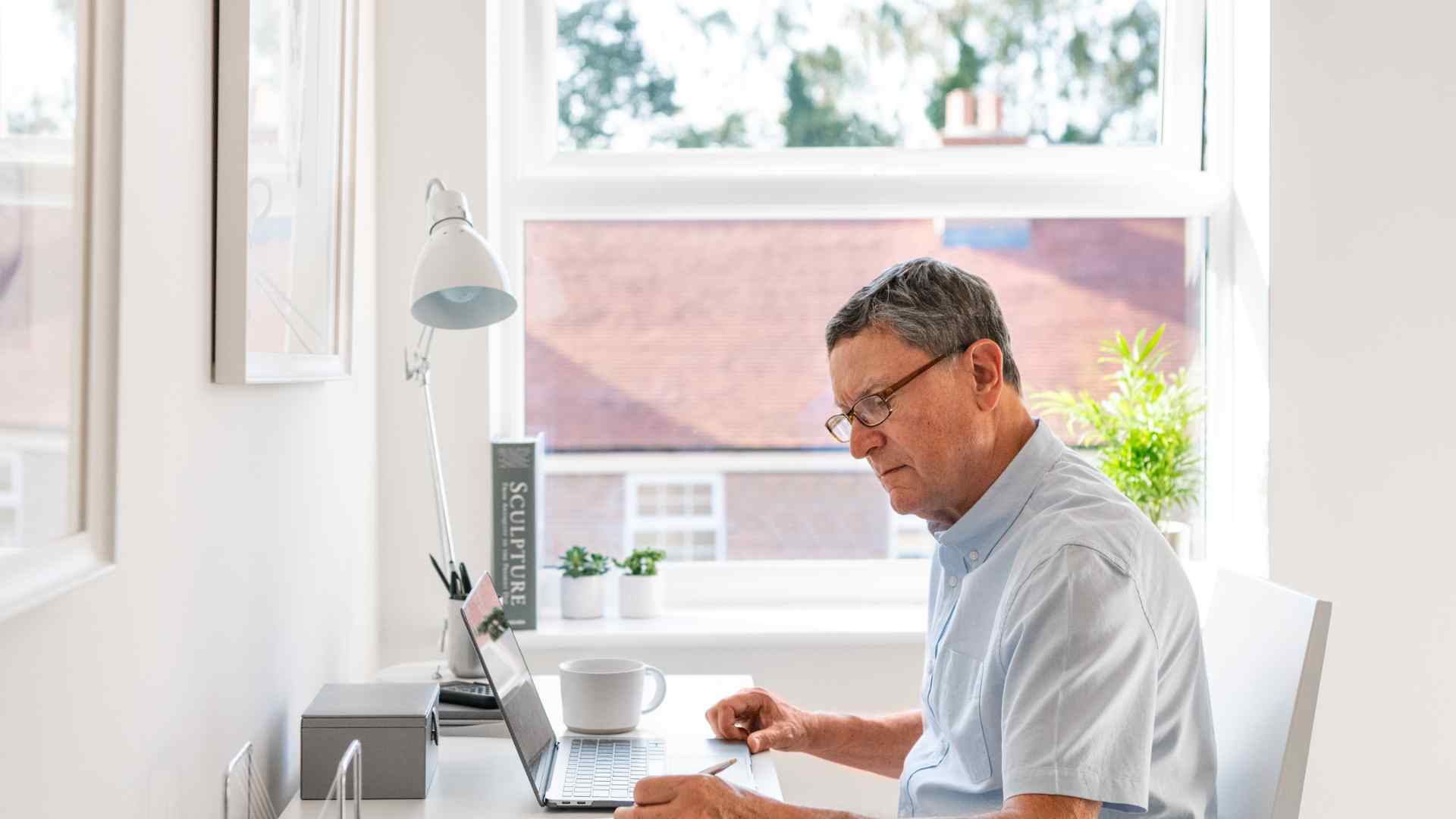
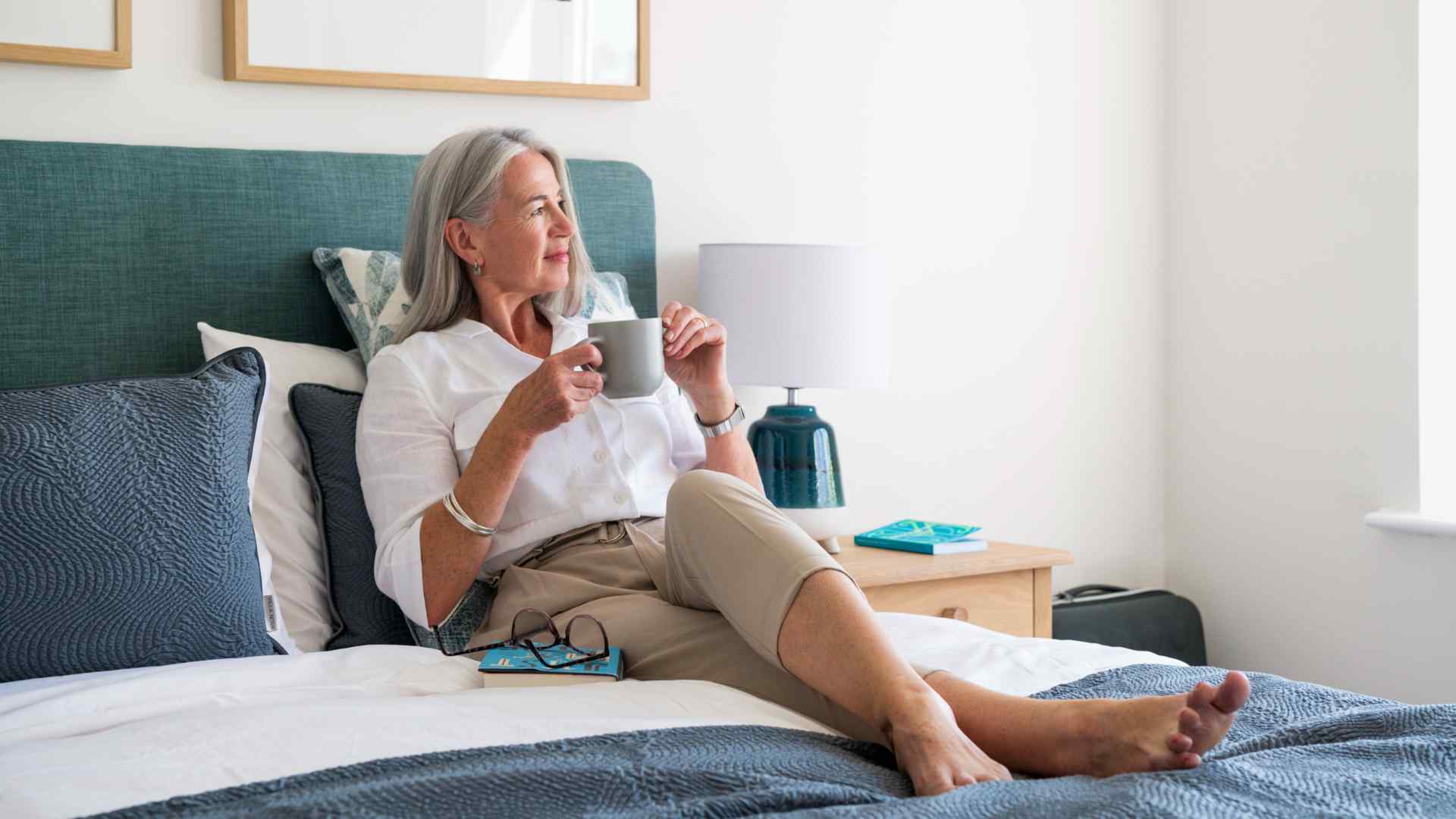
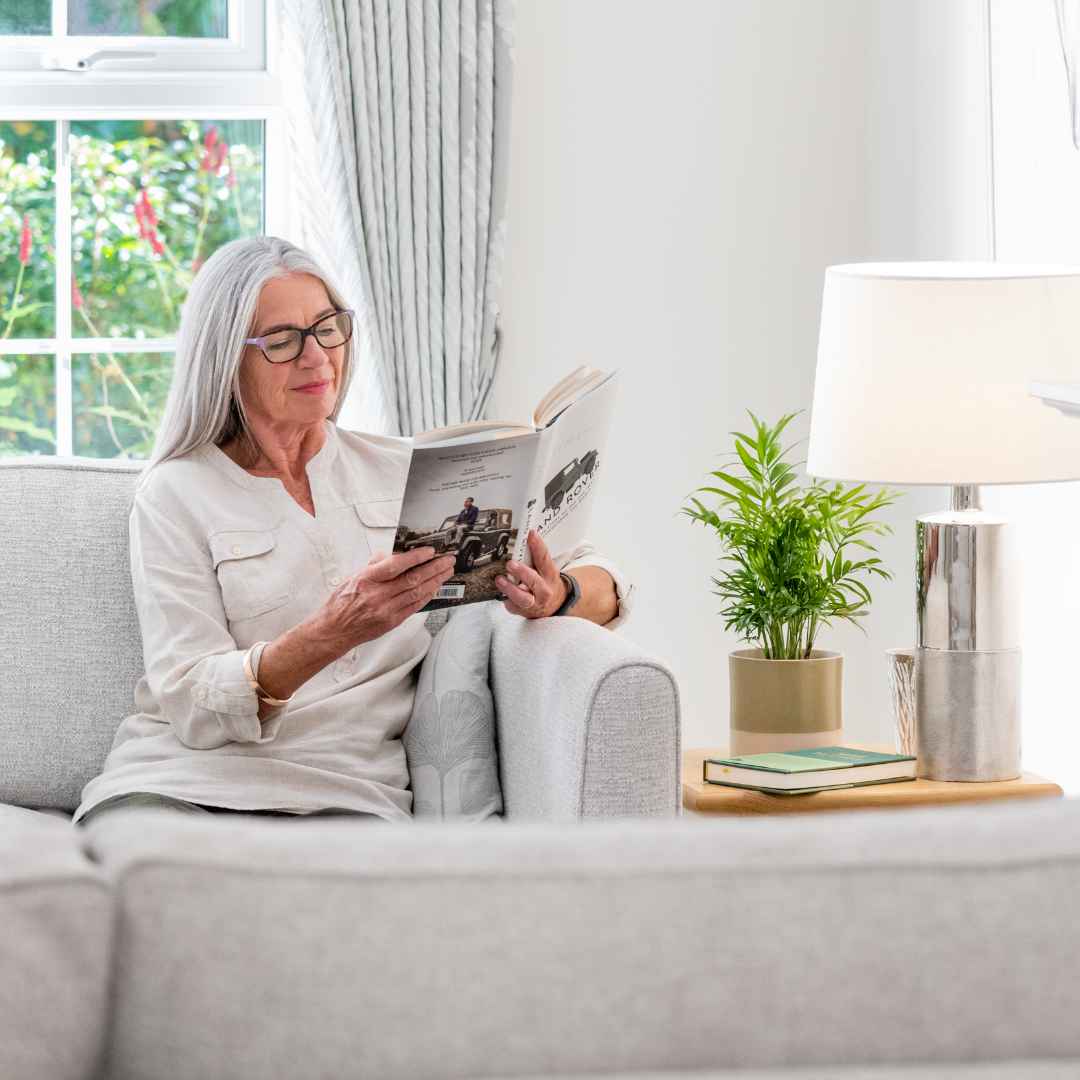
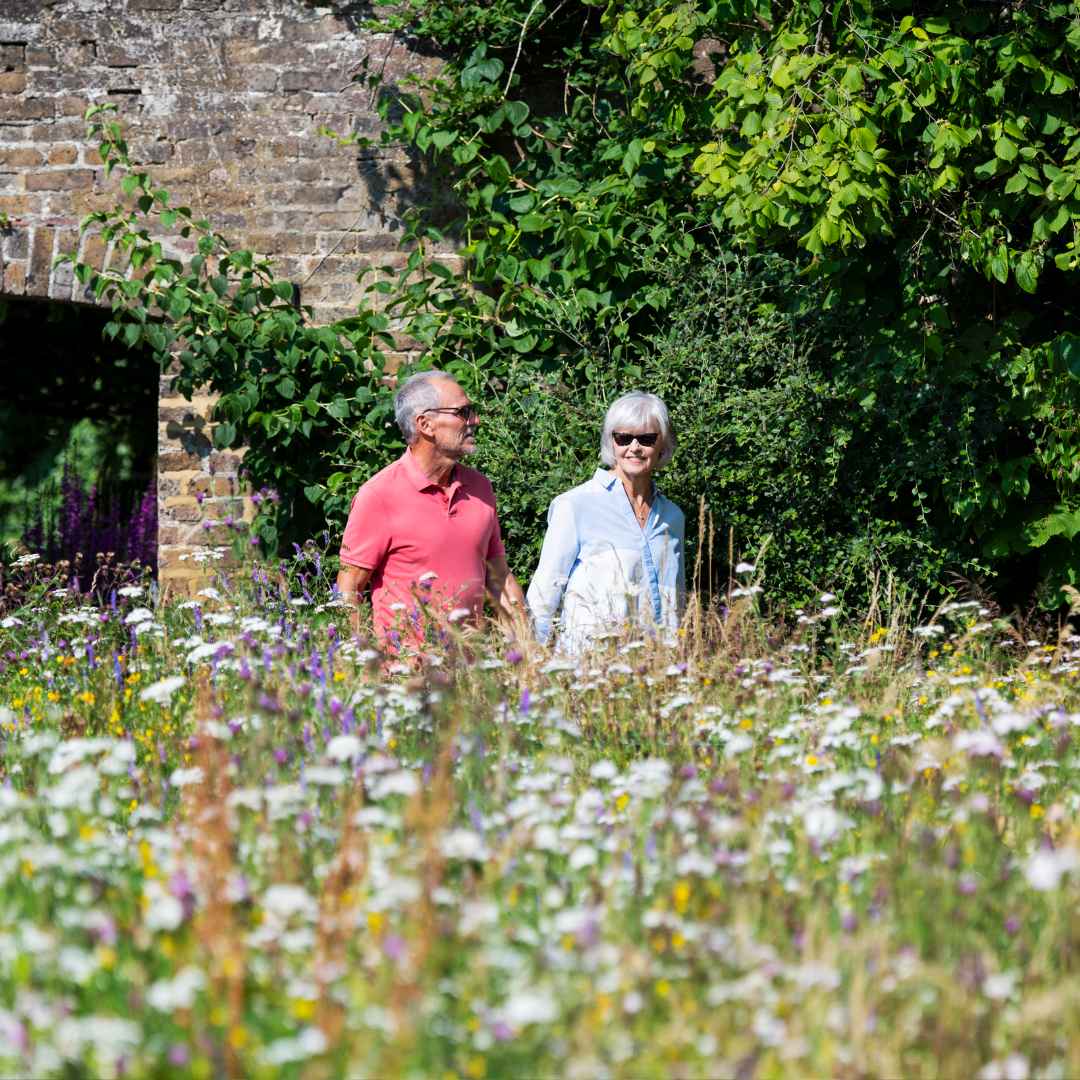
.jpg)

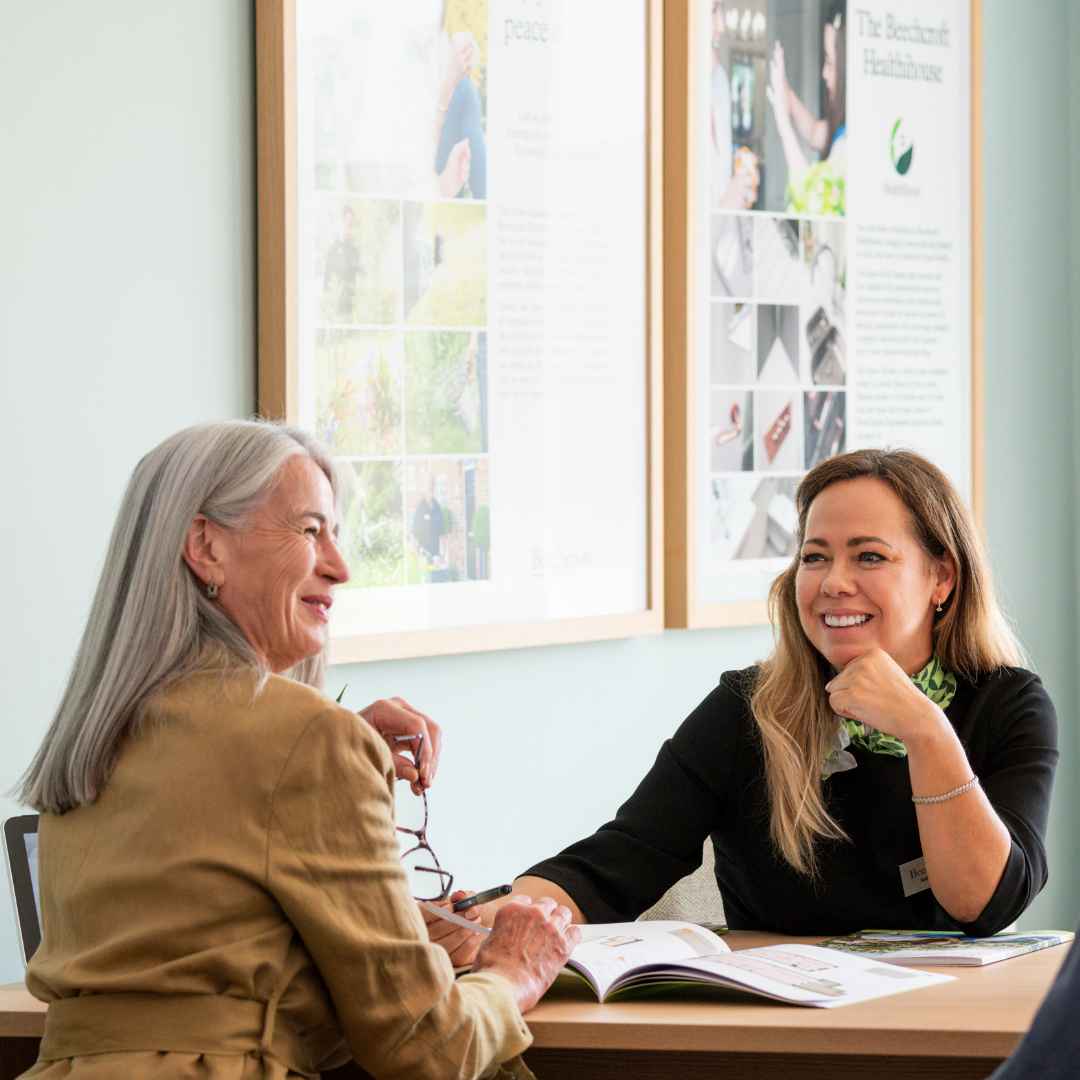

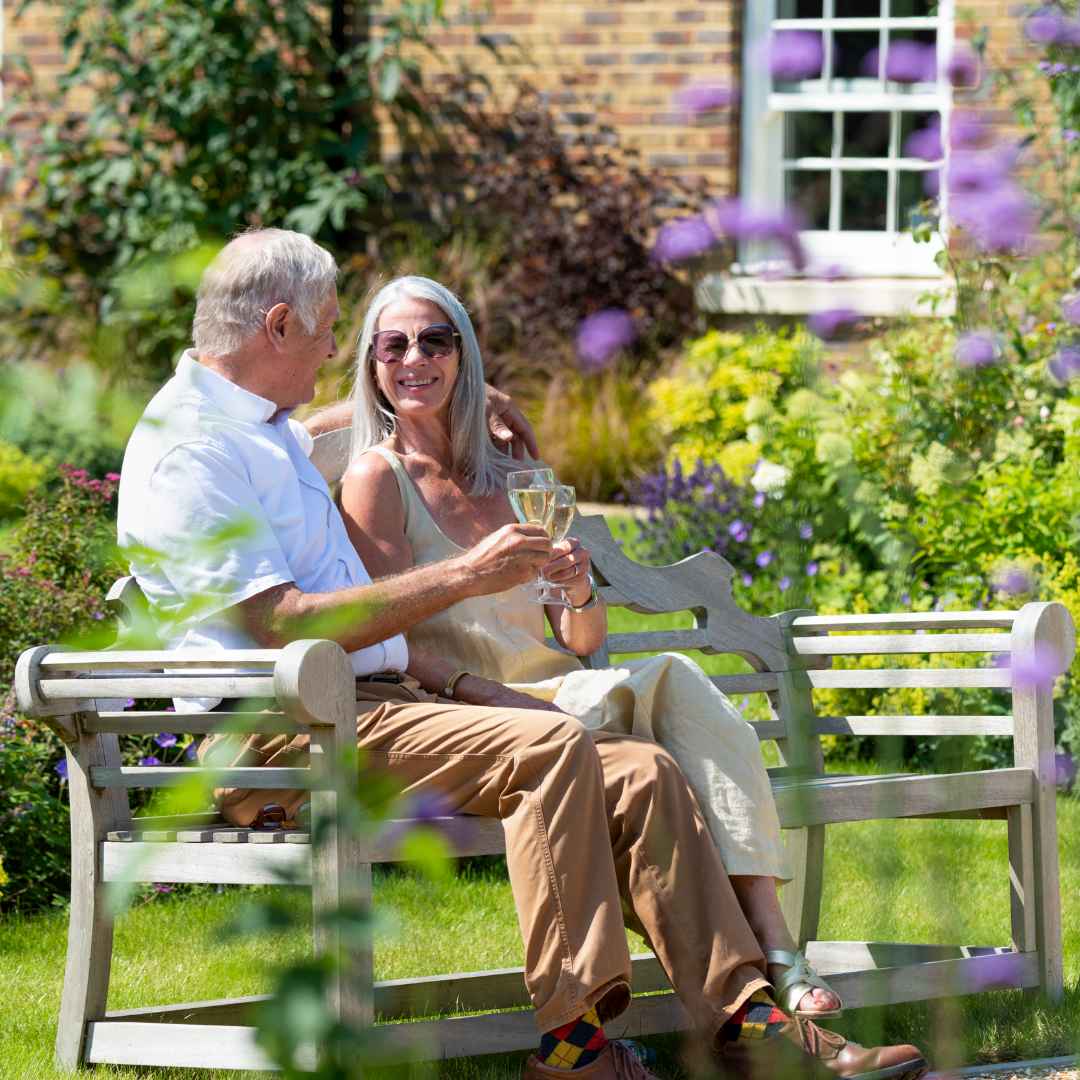
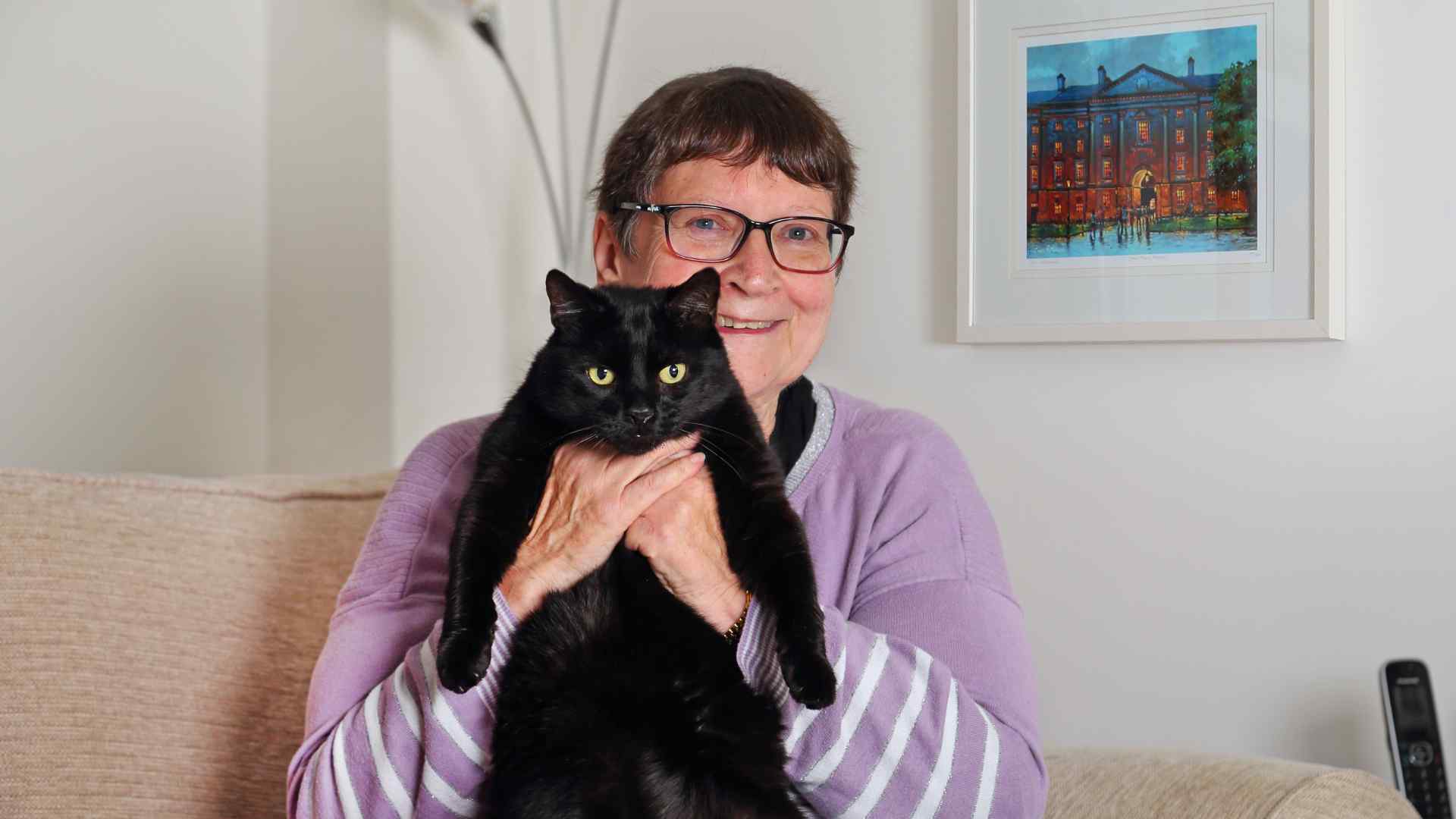
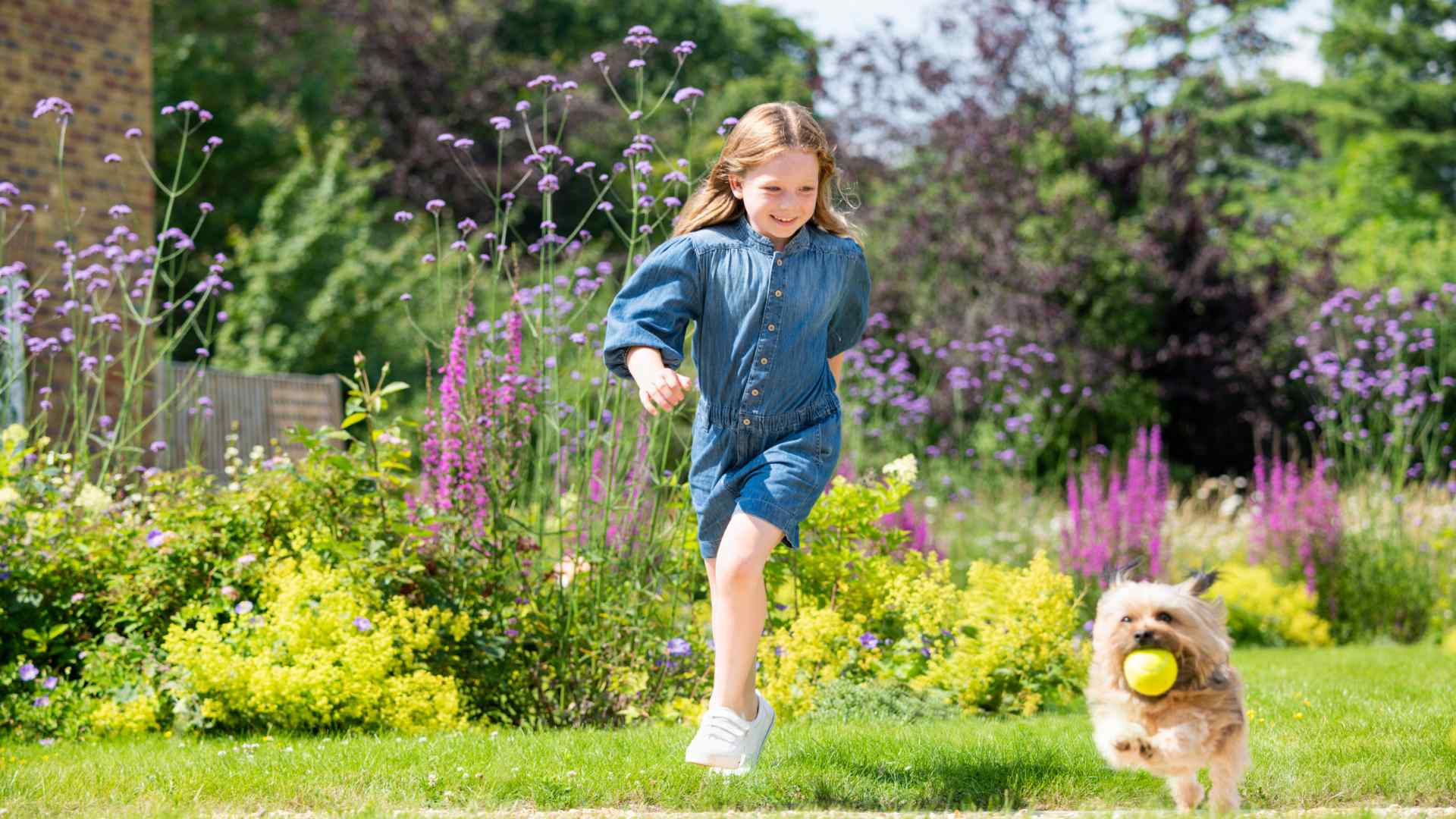
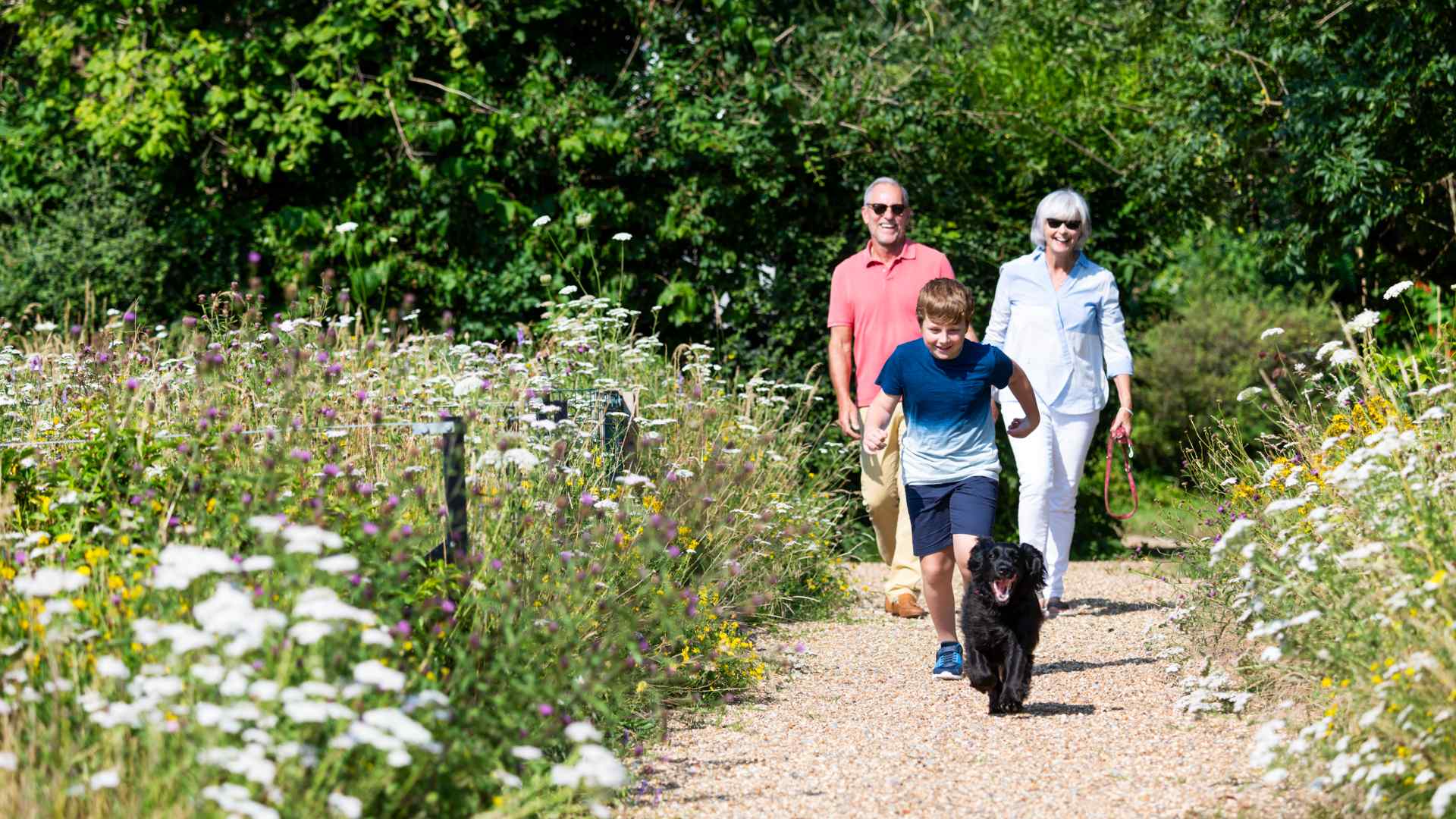
.jpg)
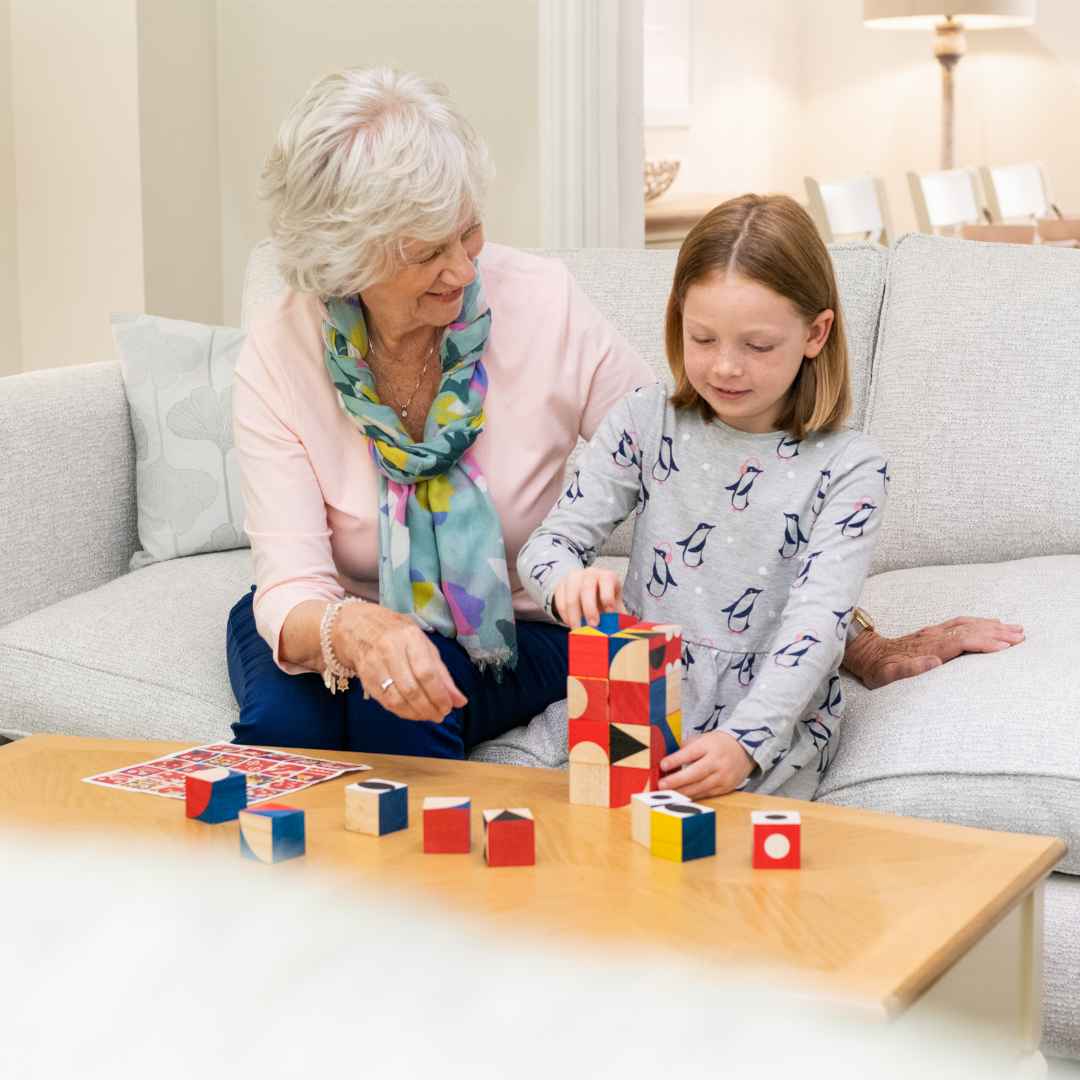
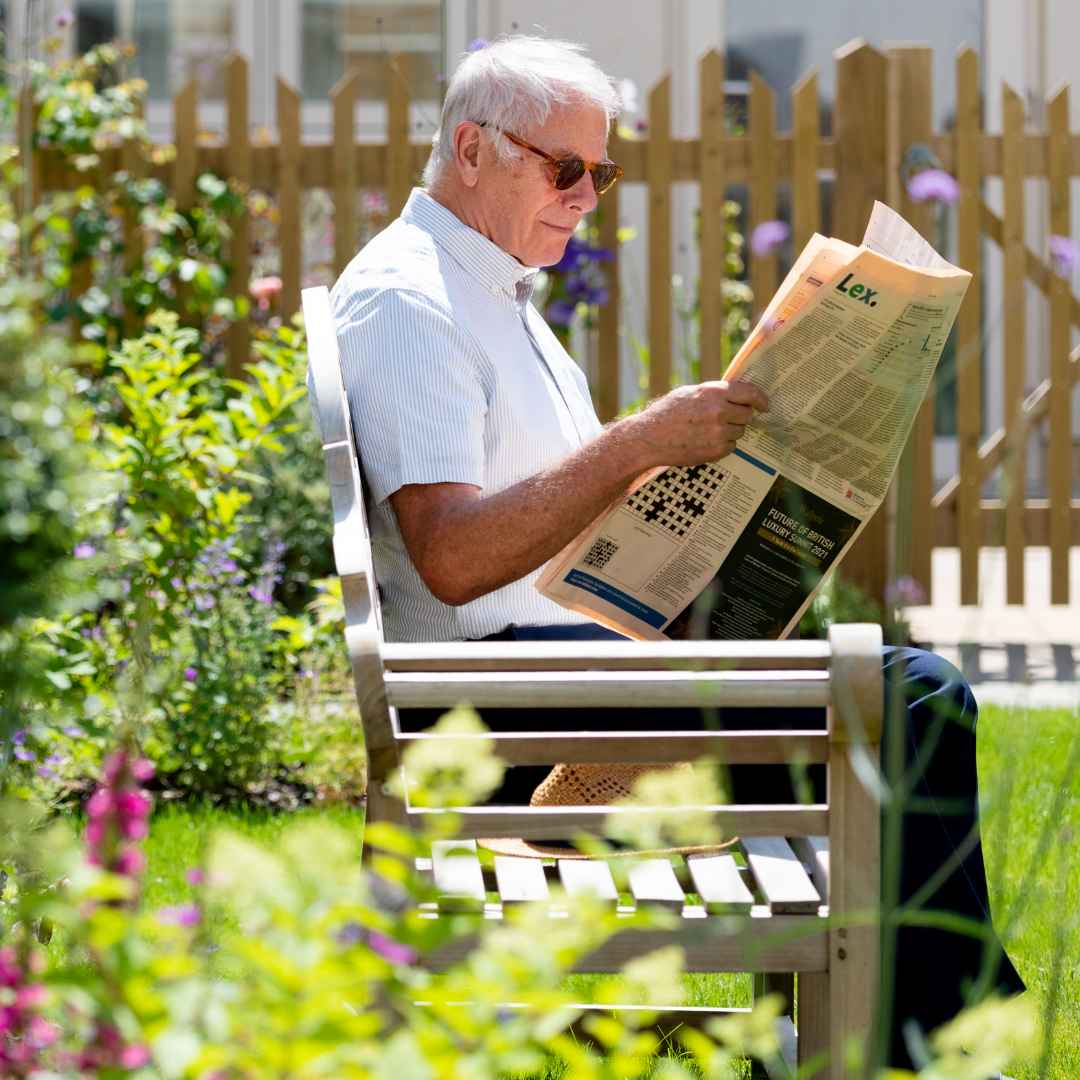
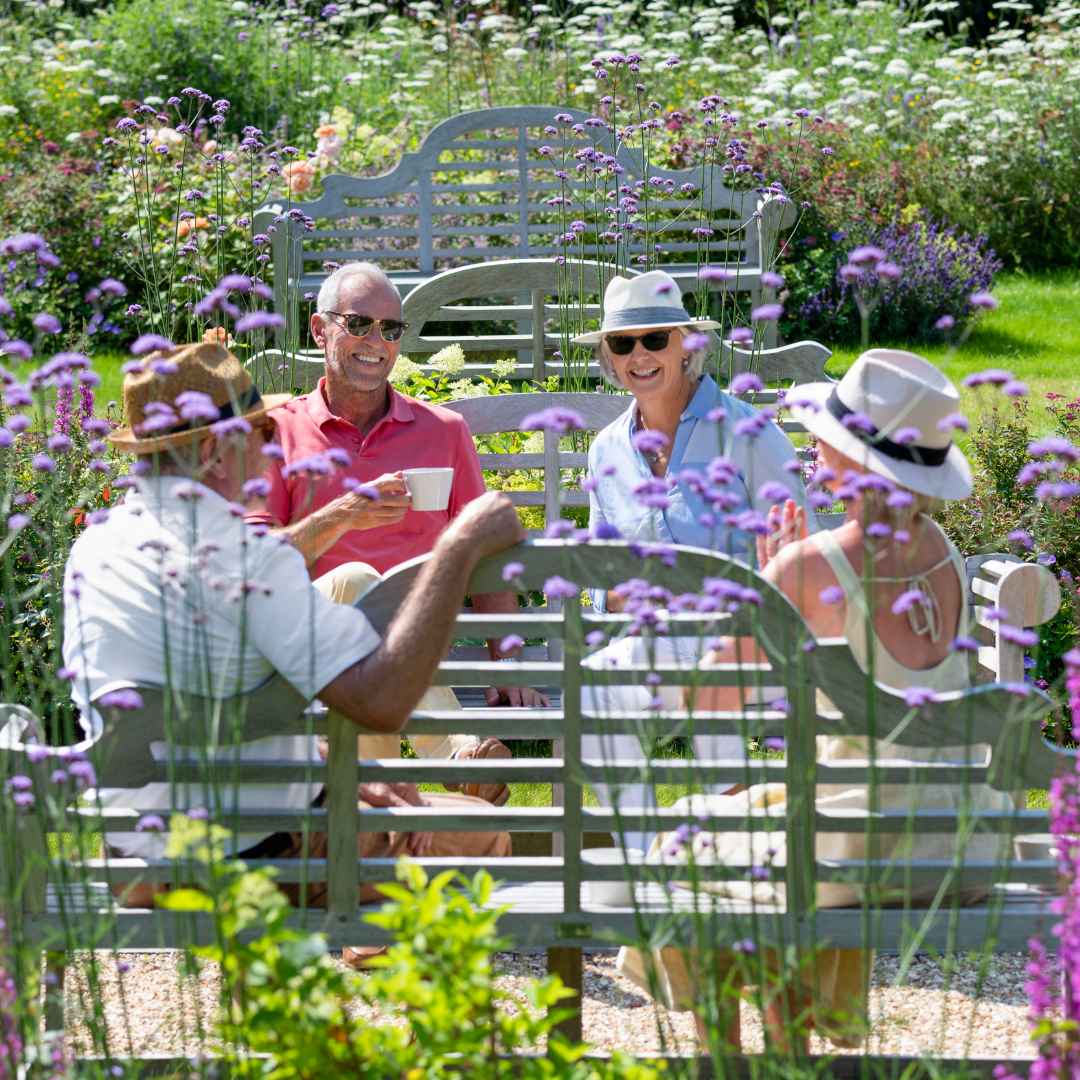
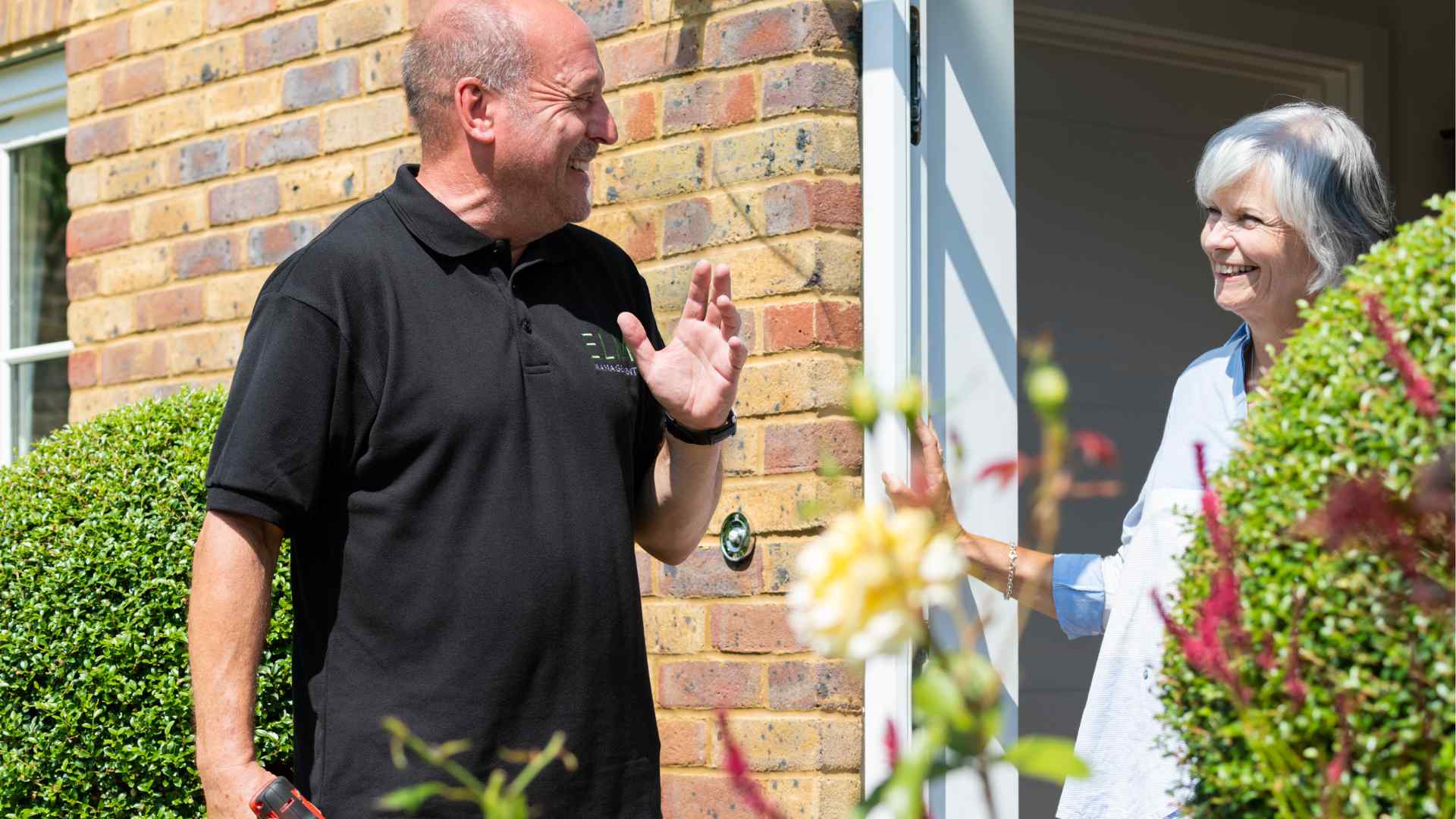
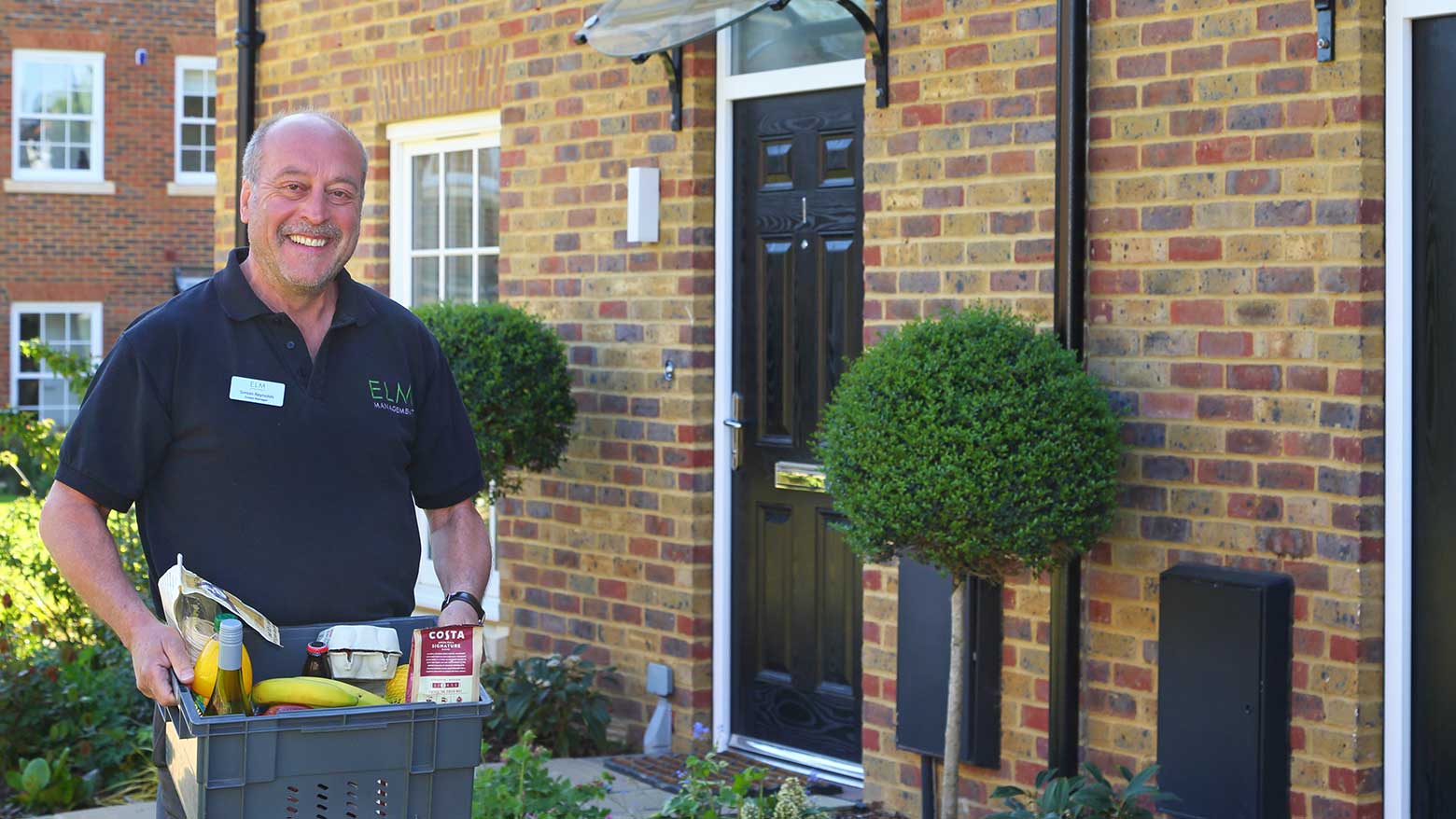
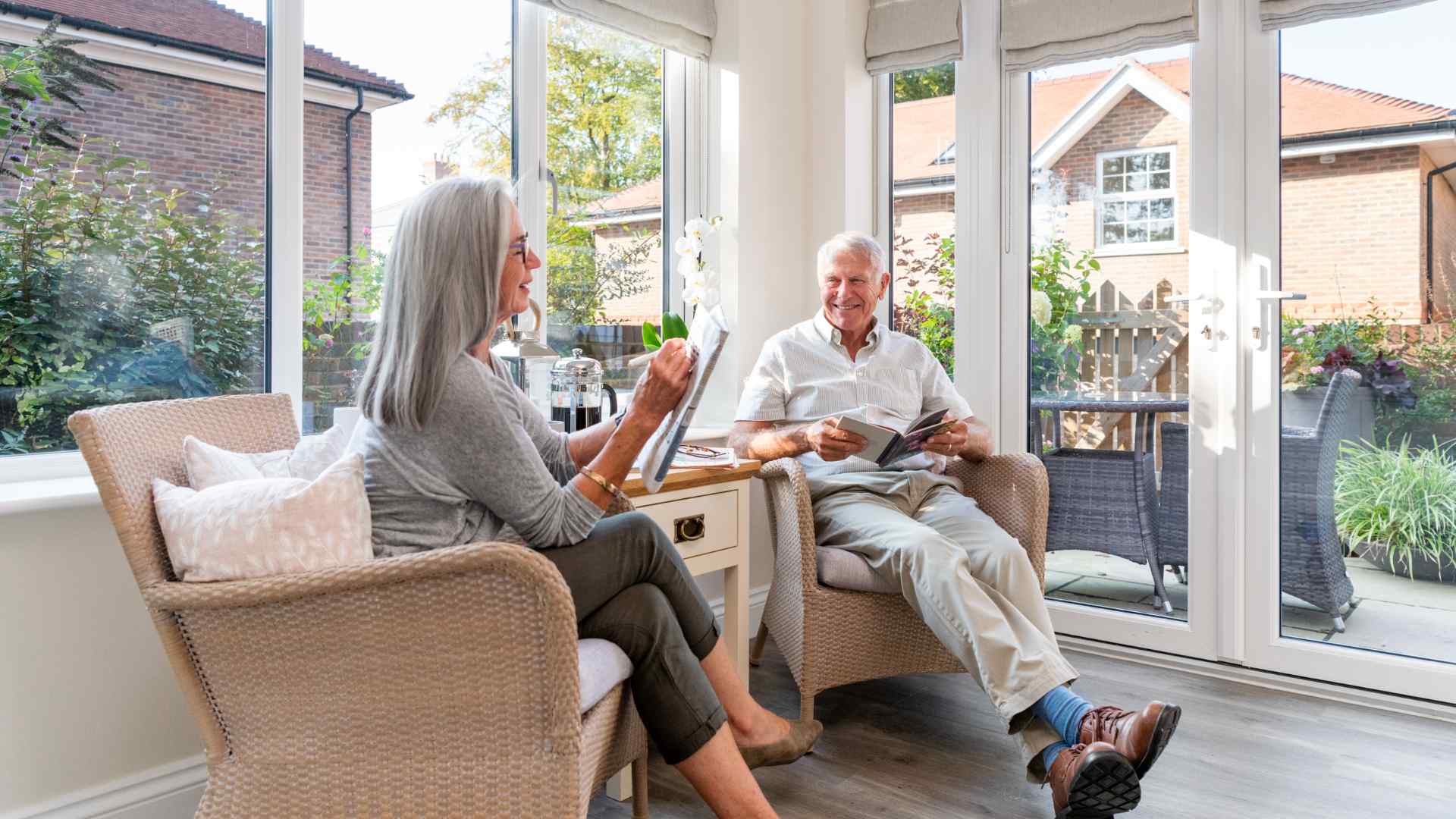

.jpg)
